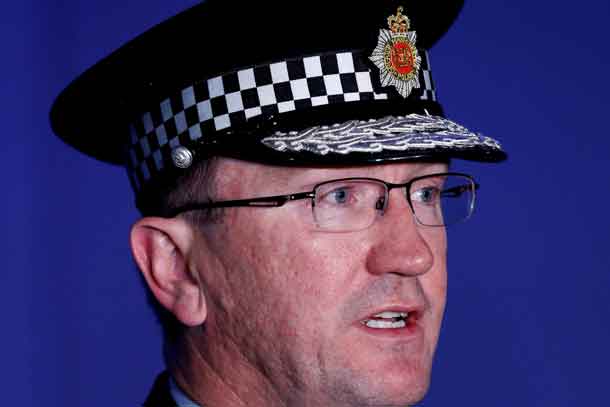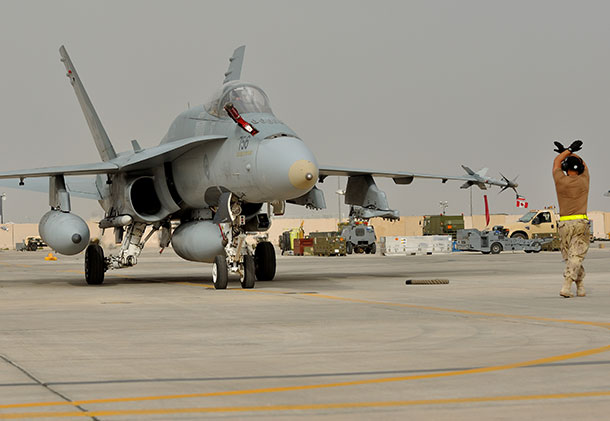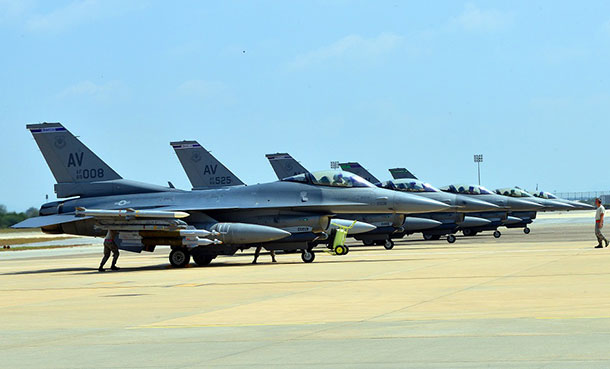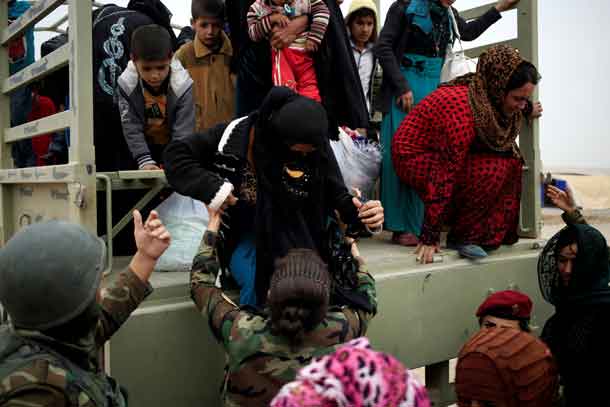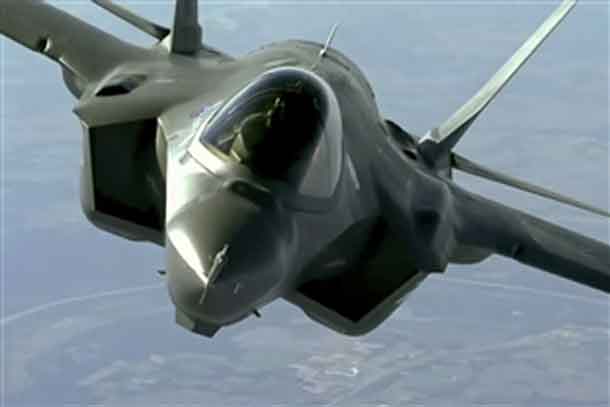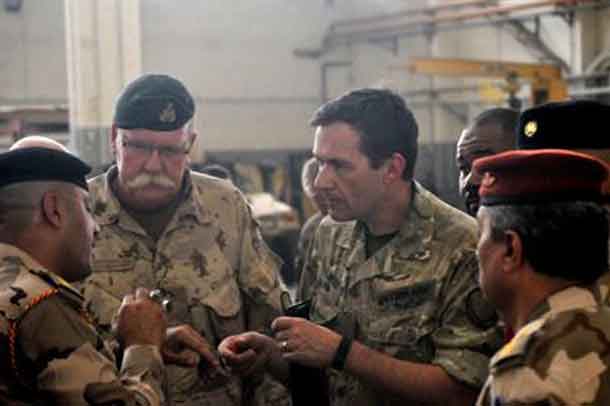

BAGHDAD – NEWS — Right now there is a tactical pause in Iraq, but not an operational pause, Combined Joint Task Force Operation Inherent Resolve officials said on background today.
Officials briefed the press traveling with Marine Corps Gen. Joe Dunford, the chairman of the Joint Chiefs of Staff, who is meeting with U.S. and Iraqi leaders here about the counter-ISIL campaign.
Iraqi security forces and partnered forces in Syria have made unmistakable gains against the Islamic State of Levant and the Levant, officials said. Iraqi forces have bridged the Tigris River near Qayyarah and secured the airfield there. In Anbar province, Iraqi forces are pushing west, clearing pockets of ISIL fighters as they move toward Qaim. That city is on the border with Syria.
Coalition Cooperation
Coalition airpower has been decisive in the campaign. Strikes have constrained resources and hit key leaders. In coordination with indigenous forces, they are pressuring ISIL and taking territory from the terrorist group, officials said.
Coalition trainers are also doing their parts. More than 27,000 Iraqi security forces have been trained and equipped by the coalition. There are approximately 4,500 Americans in the theater and more than 2,800 coalition partners. There are more than 60 countries in the coalition.
In Syria, the coalition is providing “logistic assistance, advice and a little bit of training” to Syrian democratic forces. In Syria, anti-ISIL forces are also making progress. The ISIL stronghold of Manbij is now surrounded and that is cutting the number of foreign fighters that are able to get into Syria and Iraq.
Facing the growing coalition is about 20,000 to 27,000 ISIL fighters, officials said, adding that the number of foreign fighters is reduced, but it is hard to assess.
“At the heyday, we think about 2,000 a month were coming in to Syria. We think 200 to 500 are coming in per month now,” an official said. “We have not assessed this since cutting off Manbij.”
Mosul is the ISIL headquarters in Iraq, and Raqqa is its headquarters in Syria — and those two cities are where the largest portions of the ISIL units remain.
Operations in Iraq are aimed at retaking Mosul — Iraq’s second-largest city.
Qayyarah West airfield has been seized and planners expect that will become the logistics hub for the operation against ISIL forces in Mosul. Iraqi forces also put in a bridge across the Tigris in the strategic region that connect two major Iraqi units: the 9th Division on the west side of the river and the 15th on the east. It is the only bridge across the river in the region and ISIL forces have to depend on small boats to ferry across, leaving them open to attack.
Still it is difficult because civilians also need to cross the river and officials are careful to hit ISIL boats and not carrying non-combatants, officials said. “It is not a free fire zone,” an official said.
Prep Steps
With all this accomplished, there is a tactical pause in Iraq. Part of this is the environment; it is typically over 120 degrees in the summer, and officials said the fighting seasons are traditionally in the spring and fall.
Another part is the Iraqi security forces are generating the forces needed to take Mosul. Officials estimate they will need between eight and 12 brigades to assault the city.
“We are at a point right now with the campaign, where the campaign is not tied to the speed of our partners’ operations on the ground,” an official said. “We’ve got enough to hit [during] the shaping operations toward Mosul and then against ISIL writ large. We’ve got plenty of things to bomb even if they take an extra day.”
While Iraqi forces are refitting and training for the operation in Mosul, the campaign doesn’t stop. The operation against ISIL in Mosul is conditions-based and won’t begin until all is ready.
By Jim Garamone

